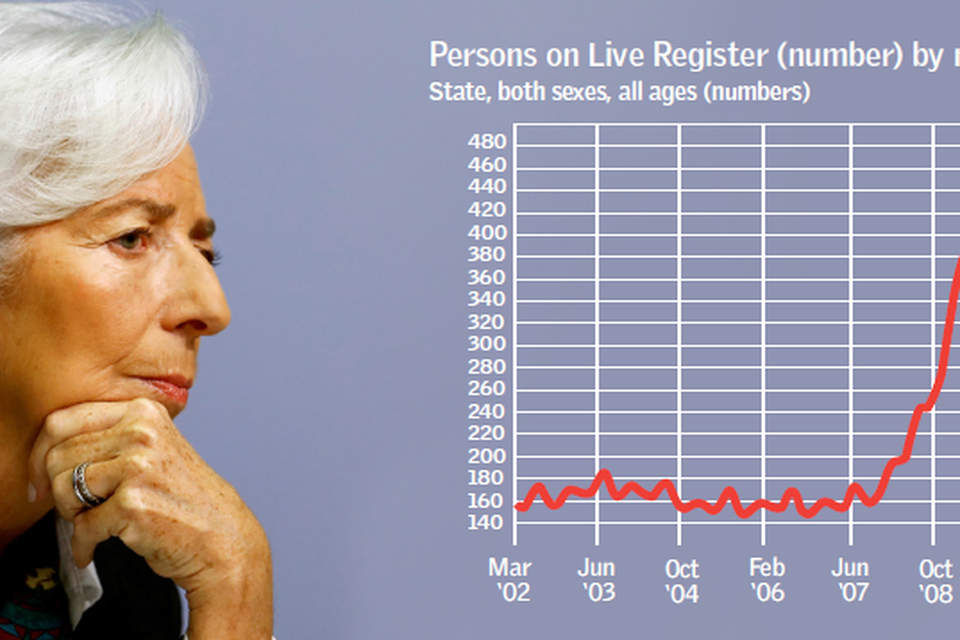We've got one crisis - but it need not spread to economy
As the toll of Covid-19 grows, unconventional economic policy is needed to stop it causing even greater damage, writes Colm McCarthy
Click here to view full-size graphic
Coronavirus is a public health crisis with an economic crisis attached, rather than an economic downturn of the conventional type. It requires an unconventional economic policy response, not the simple demand boost that textbook macroeconomics prescribes. Budgets will go sharply into deficit, including in Ireland and in other heavily indebted countries, and so they should. In the Eurozone this will require a coherent response which recognises the unique character of the downturn already under way, especially from the European Central Bank.
It is unique in two important respects. It is a supply shock, not a demand deficiency, and proposals for an untargeted loosening of budget policy are wide of the mark. And it will be temporary - even if attempts to contain, mitigate or suppress the outbreak are unsuccessful, there is every prospect that a vaccine will be found and the population eventually protected, as has happened before with diphtheria, tuberculosis, measles and other killers. It is the task of the public health professionals to limit the human cost and of economic policymakers to ensure that recovery is not impaired by treating the wrong economic ailment. The supply shock is the outcome of deliberate government policy in pursuit of public protection from the virus. Proposals for a generalised demand boost, such as helicopter money in the form of, say, a cheque for $1,000 to each citizen as has been urged in the USA, would deliver purchasing power to people many of whom are unable to spend as they would wish out of their current resources. Most Europeans are not in the firing line and would happily patronise the airlines, pubs and restaurants in Ireland and elsewhere were they free to do so.
Join the Irish Independent WhatsApp channel
Stay up to date with all the latest news















